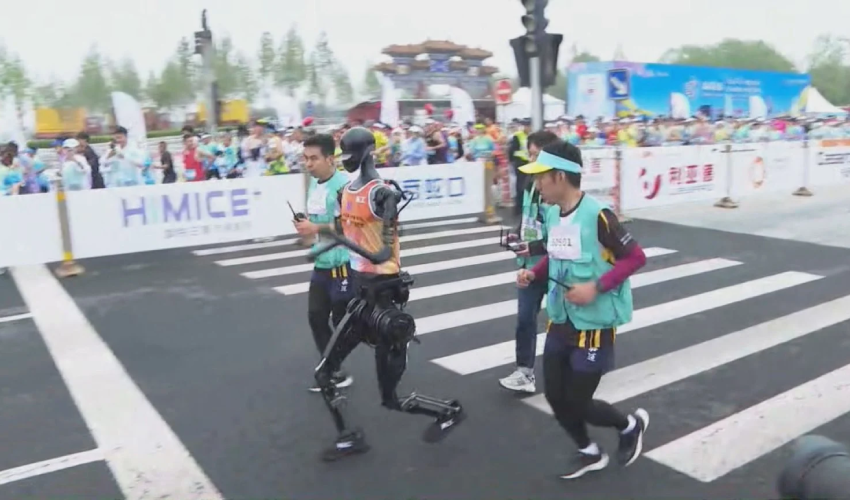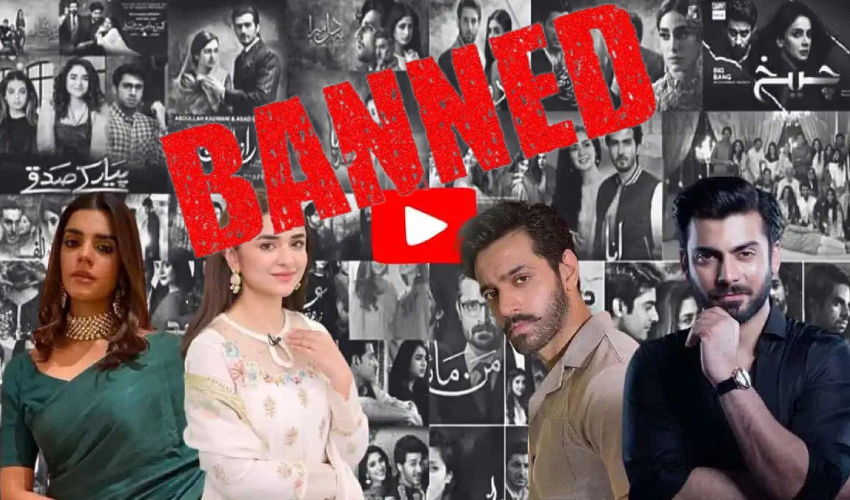A newly discovered letter from 1942 shows that Pope Pius XII had detailed information about the Nazi Holocaust at a time when the Vatican was publicly denying such knowledge.
The letter was written by a Jesuit priest in Germany and sent to the pope's personal secretary.
It describes how labour camps were being used as death factories and that thousands of Jews and Poles were being killed every day.
The letter is significant because it contradicts the Vatican's official position at the time that the information it had about the Holocaust was vague and unverified.
It also raises questions about why Pius XII did not speak out more forcefully against the Nazi genocide.
The letter was found in the Vatican archives by an in-house archivist and made public with the encouragement of Holy See officials.
It is the first known document to show that the Vatican had such detailed information about the Holocaust at such an early date.
The letter is dated December 14, 1942, and was written by Father Lother Koenig, a Jesuit who was in the anti-Nazi resistance in Germany.
It is addressed to the pope's personal secretary at the Vatican, Father Robert Leiber, also a German.
In the letter, Koenig tells Leiber that sources had confirmed that about 6,000 Poles and Jews a day were being killed in "SS-furnaces" at the Belzec camp near Rava-Ruska, which was then part of German-occupied Poland and is now in western Ukraine.
Koenig also mentions two other Nazi camps, Auschwitz and Dachau, and suggests that there were other missives between him and Leiber that have either gone missing or have not yet been found.
Supporters of Pius say that he worked behind the scenes to help Jews and that speaking out publicly would have only made the situation worse.
His detractors argue that he lacked the courage to stand up to the Nazis and that his silence made him complicit in their crimes.
The discovery of the letter is likely to reignite the debate over Pope Pius XII's role during the Holocaust.
It raises important questions about what he knew and why he did not do more to speak out against the Nazi genocide.



























